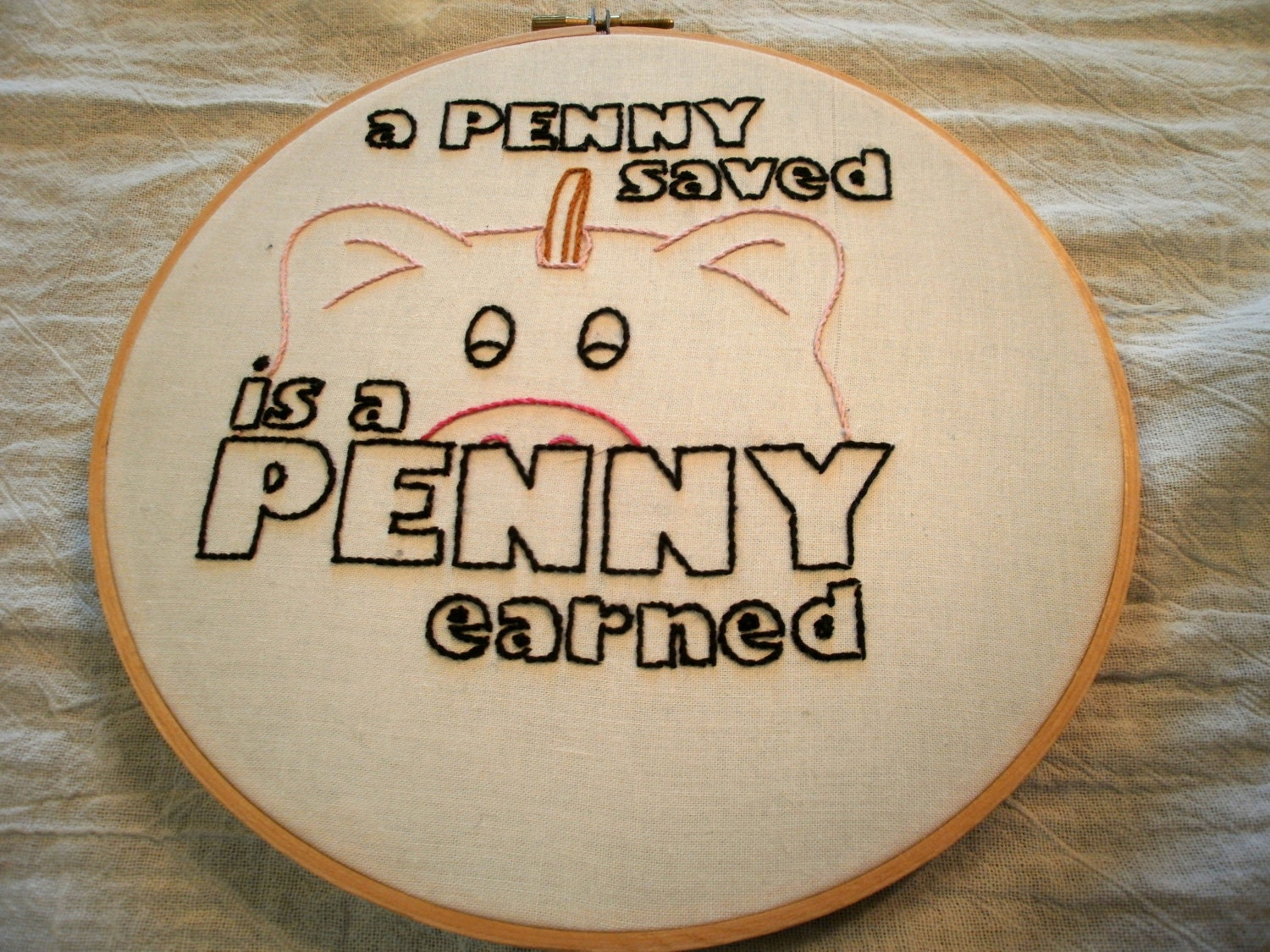Mortgage rates are at historic lows and there's no sign that they're going up any time soon. Therefore, refinancing your current mortgage to the lower rates or changing the loan term (number of years you have to pay back the loan) can be a great way for you to save money!
When you refinance your mortgage, you (really the bank) pay off the original mortgage and replace it with a new one. The term of the loan and interest rate may change, but the property securing the mortgage (your house) is still the same. Which means refinancing should be easier than getting approved for the original loan.
Back to getting the "new" loan. If you currently have a 30 year loan, are 5 years into making payment, and want to refinance to a new 30 year loan, your loan term is back to 30 years. Which is important to note because the first 10 years of a loan are primarily interest payments. When you refinance at a lower rate, a greater proportion of the monthly payments are principal, but a good chunk still goes to interest.
You'll also want to compare the monthly payments of a 15, 20, and 30 year loan. You'll pay less interest with the 15 year, but the required monthly payment will be higher. I recommend the 30 year because you have the flexibility of making additional principal payments or only make the lower required monthly payment if you have other large expenses that month, like a medical emergency or buying a car.
 |
| From Etsy seller typogy |
With that in mind, here are a few considerations if you're currently deciding whether to refinance or not:
Refinancing involves a lot of number crunching.
Fortunately, there are all sorts of calculators to help you out! Bankrate has a goldmine of online calculators. If you're looking to refinance, it's extremely important to know whether you'll recoup the closing costs or not. For example, if it costs $3,000 in closing costs and the lower interest rate will save you $150 per month, you'll need to stay in your house for 20 months to benefit from the savings. This calculator helps you determine the breakeven point and if you should refinance.
Are you creditworthy?
Now, you might have the best intentions in refinancing, but are you actually able to do it? Just like the initial loan approval process, the bank will be checking your credit report to determine whether you are still creditworthy. Therefore, it's a good idea to check your credit report a few months before refinancing and cleaning up any discrepancies. Also, avoid doing anything drastic while preparing for the refinance like taking out a new loan for a car. Banks generally require that your debt to income ratio fall below 36%.
The bank will also want to see that you have steady employment and can afford the monthly payments. Some mortgage brokers say they want to see 2 years of continuous employment history, which can be a little tough with these economic times.
How's your home value?
Since a mortgage is an investment to the bank (they're be getting your interest payments), they want to see that they're making a worthwhile investment. So has the value of your house increased, remained steady, or decreased? The official way to find out is getting an appraisal for the house.
Before you go through the whole refinance and pay for the appraisal, it's a good idea to get a general understanding of housing prices in your area. Check Zillow or talk with your real estate agent to compare current market values. If your house's value is steady, then go for it! However, if your property value declined significantly, you might not be able to refinance. Or you'll have to pay down a portion of the principal balance of the original mortgage before getting the "new" loan.
While we're on the topic of appraisals, it's important that the appraisal reflects significant improvements made to your house. So start accumulating your paperwork and be sure the appraiser knows about the new addition, bathroom, or kitchen.
Can you afford it?
Do you have the available cash to pay for the closing costs? Average closing costs for a $200,000 refinance are $3,741, but amounts vary greatly by region. Closing costs are also based on the interest rate. If you "buy down" the interest rate, you'll have higher closing costs and vice versa. You can roll closing costs into the mortgage, but then you'll have to pay interest on those costs over the life of the mortgage.
As mentioned above, if your property value decreased you'll need the funds to pay a portion of the mortgage principal. Finally, depending on the timing of your property tax bill, you may have to pay taxes before closing.
 |
| From Etsy seller katiez84 |
Phew! I hope this helps you determine whether you should refinance or not! Up next is how our actual refinance shaked out. I'll be running the numbers and sharing other things we learned.
Do you have any other questions you'd like me to answer about refinancing? Anybody currently refinancing?
PS - My mortgage primer can be found over at I am Just Lu.
Pin It

No comments:
Post a Comment
Thanks for your comment! Keep in mind that Fiscally Chic is a spam-free zone. Please leave your snarky comments, blatent self-promotion, and processed meats at home.